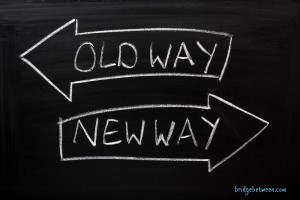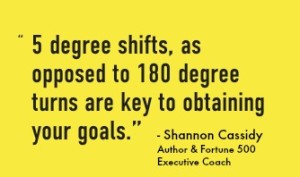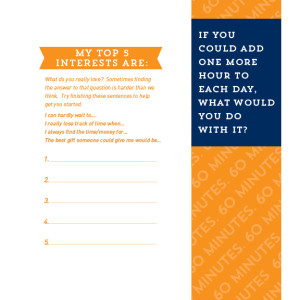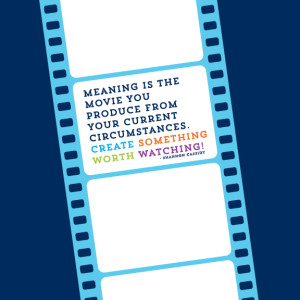Do you ever wonder: what sets apart the people who are ultra-achievers and those who just make a living? Do they work harder? Put in longer hours? Are they just born with something that everyone else doesn’t have? As it turns out, there are a few tricks for kick-starting your creativity and being more productive at work. Try these techniques for a more successful career — and life.
Plan Free Time
Ironically, the most productive creatives aren’t just workaholics. Yes, they put in their fair share of time at the office, but these people also give their minds and bodies free time. Time not spent trying to force productivity is the time when your mind is allowed to wander. During these times is when most creative people come up with their best ideas. Schedule some “you” time. Enjoy a long walk, or bike ride, or just sit somewhere you enjoy the view and let your mind meander where it wishes. You’ll definitely see the results back at work.
Create Environmental Triggers
A large factor that derails creative thought is the difficulty people often have switching tasks. Most workers go through the day half-engaged mentally in whatever they are doing, because they haven’t learned to establish clear boundaries between their tasks. For instance, have you ever arrived at work still thinking about a situation at home? Do you go home with work on your mind? Are you distracted during meetings with what’s sitting on your desk?
Learn to create environmental triggers to signal to your mind that it’s time to focus on a specific task. For example, only allow yourself to indulge in that morning bagel after you’re engaged in morning emails, or schedule snack time right before heading to the afternoon meeting.
Control Distractions
In an effort to be available and approachable, many workers don’t set “off limits” time for phone calls, answering emails, or allowing visitors into the office. The most productive and creative workers learn to schedule times for these interruptions, and also set “off limits” times when no one is allowed to distract them. This keeps you from losing those wonderful ideas that you always have right before a coworker comes in to ask about the daily reports — the ideas you are never able to recapture and implement.
Spend Time Reading and Watching Quality Programming
Another factor separating the highly productive, creative people and everyone else is the way they spend their free time. After a mentally exhausting day, it’s tempting to turn on a low-key sitcom and just relax. However, highly creative people make time for reading books and watching quality programming, such as documentaries. When it’s time to solve a problem or come up with a great idea, the people who have invested time in learning have more information stored with which to develop a smart solution.
Get Outside Your Comfort Zone
Most people read magazines about topics they enjoy, talk only to people with which they share common interests, and thereby expose themselves to a limited amount of knowledge. People who are creatively productive take time to develop knowledge on a wide variety of topics. Pick up a book or magazine about a sport or hobby you know nothing about. Talk to someone who comes from an entirely different background than you. Expose yourself to as many subjects and viewpoints as possible, and you’ll see your productivity and creativity soar as a result.
Would you like to learn more about becoming a highly productive and brilliantly creative worker? Want to see more success in your future? Contact us to motivate and empower you and your staff.
Sources:
http://www.learnvest.com/2012/12/how-to-improve-your-creativity-and-productivity/
http://www.psychologytoday.com/blog/awake-the-wheel/201005/7-ways-enhance-focus-creativity-productivity-and-performance






